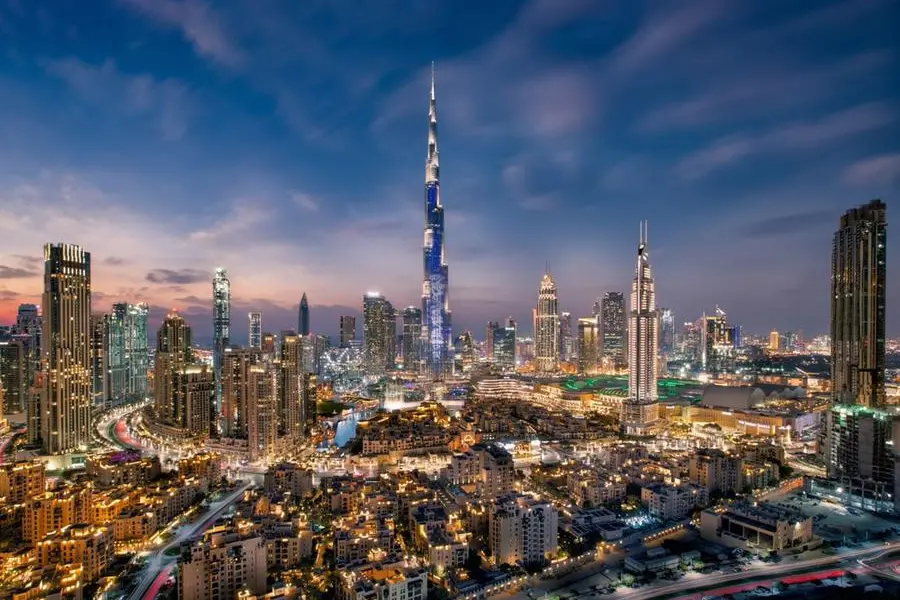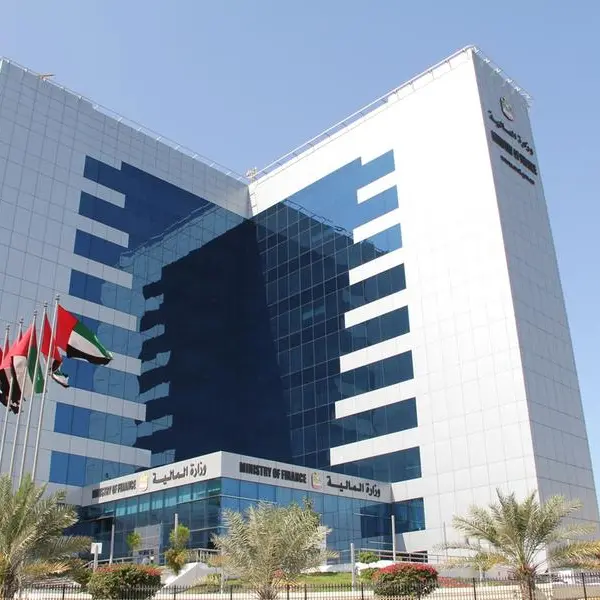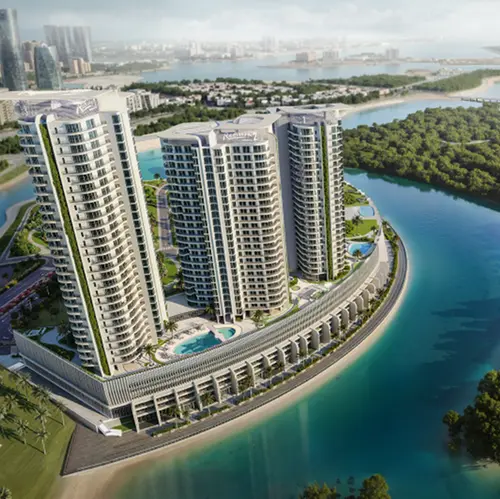PHOTO
Dubai’s gross general government debt levels will decline to 34% of GDP, $50 billion, by year-end, down from 70% of GDP in 2021.
S&P Global said in comments this week that it assumes a $15 billion facility provided by Abu Dhabi and the Central Bank of the UAE will be rolled over, as well as an Emirates NBD loan and bilateral and syndicated facilities.
The ratings agency said it expected fiscal surpluses from 2024-2027, so it does not foresee additional debt issuances for the deficit financing over the next two years.
However, forecasts do not include debt financing for the $35 billion Al Maktoum Airport expansion project or $8.2 billion rainwater drainage network Tasreef project approved after extensive flooding in April.
It is unclear how it will be distributed between the government and state-owned enterprises and the timing of issuance, the comments said.
Following the listing of government-related entities (GREs) including Empower, Parkin and Dubai Taxi Co, the government could see another liquidity boost from further listings, S&P said.
S&P said liabilities from the GREs weigh on public finances, but the real estate and tourism sectors should help deleverage and reduce rollover risks.
But relatively high GRE debt and its potential increase could weigh on the public sector’s fiscal sustainability, it added.
Dubai has so far seen muted impacts from geopolitical tensions and the agency expects real GDP growth near to 3% on average from 2024-2027, following 3.3% growth in 2023.
Dubai real estate price stabilisation
The emirate saw a 45% increase in real estate transactions in second-quarter 2024 along with a 37% rise in value, S&P said, citing Dubai Land Department.
However, the ratings agency forecasted price stabilisation from 2025-2026 when a large supply of pre-sold properties will be delivered, creating risk of oversupply as the absorption depends on the emirate's population growth and demand trends.
On the commercial side, the UAE's reputation as a safe haven and its low tax regime will sustain Dubai’s attractiveness for global investors.
“This is shown by the lowest office vacancy rates the emirate has seen in years, so far unaffected by spreading remote work practice and with rising rental rates,” the comments added.
(Writing by Imogen Lillywhite; editing by Bindu Rai)





















